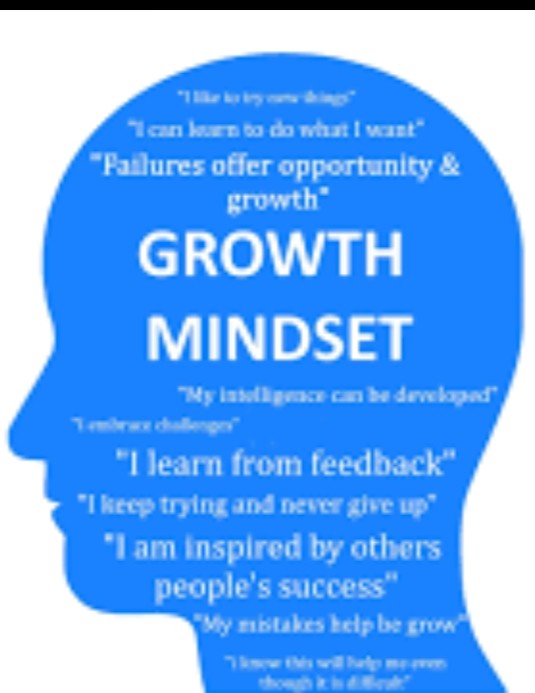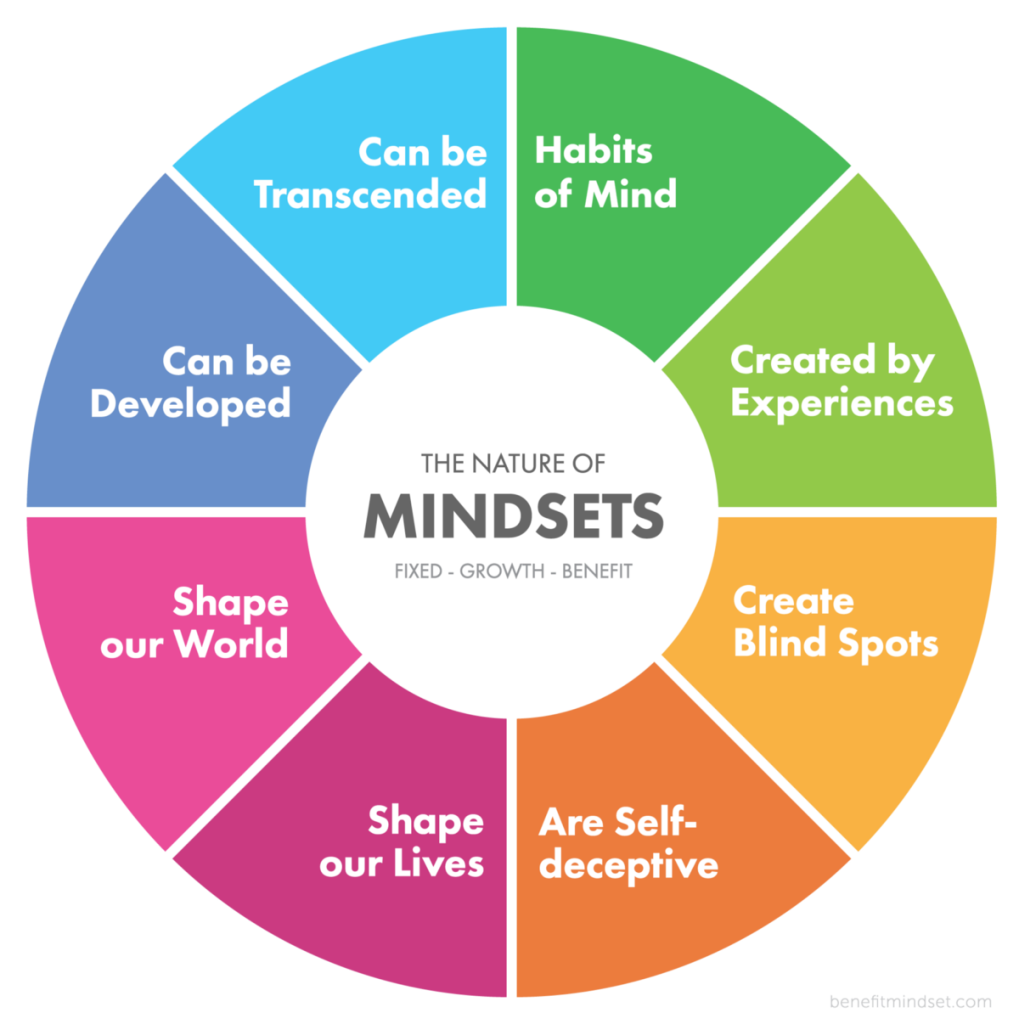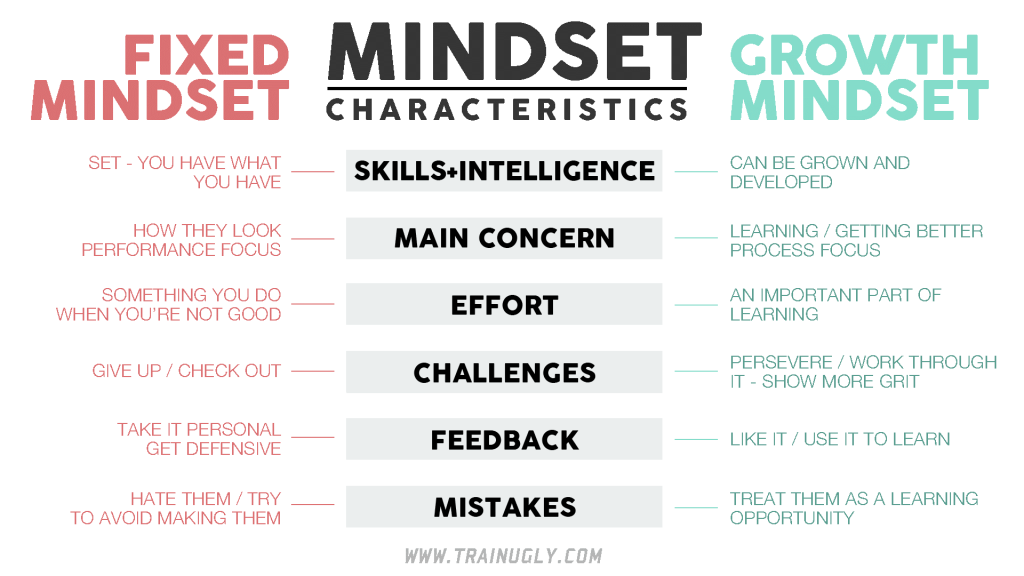
25 Ways to Develop a Growth Mindset
25 Ways to Develop a Growth Mindset

“In one world, effort is a bad thing. It, like failure, means you’re not smart or talented. If you were, you wouldn’t need effort. In the other world, effort is what makes you smart or talented.” –Carol Dweck
Saga Briggs is Managing Editor of InformED. You can follow her on Twitter @sagamilena or read more of her writing here.
What if your true learning potential was unknown, even unknowable, at best? What if it were impossible to foresee what you could accomplish with a few years of passion, toil, and training? According to Stanford psychologist Carol Dweck, this isn’t some hypothetical situation, dependent on any manner of factors from genes to environment. It’s a mindset. And it’s one you can cultivate at any point in life.
A “growth mindset,” as Dweck calls it, is pretty much exactly what it sounds like: a tendency to believe that you can grow.
In her book Mindset: The New Psychology of Success, she explains that while a “fixed mindset” assumes that our character, intelligence, and creative ability are static givens which we can’t change in any meaningful way,
a growth mindset thrives on challenge and sees failure “not as evidence of unintelligence but as a heartening springboard for growth and for stretching our existing abilities.”
She writes:
“Believing that your qualities are carved in stone creates an urgency to prove yourself over and over. If you have only a certain amount of intelligence, a certain personality, and a certain moral character, well then you’d better prove that you have a healthy dose of them. It simply wouldn’t do to look or feel deficient in these most basic characteristics.”
The fixed mindset can negatively impact all aspects of your life, Dweck says.
“I’ve seen so many people with this one consuming goal of proving themselves in [a learning setting], in their careers, and in their relationships. Every situation calls for a confirmation of their intelligence, personality, or character. Every situation is evaluated: Will I succeed or fail?
But when you start viewing things as mutable, the situation gives way to the bigger picture.
“This growth mindset is based on the belief that your basic qualities are things you can cultivate through your efforts. Although people may differ in every which way in their initial talents and aptitudes, interests, or temperaments, everyone can change and grow through application and experience.”
This is important because it can actually change what you strive for and what you see as success. By changing the definition, significance, and impact of failure, you change the deepest meaning of effort.
In this mindset, the hand you’re dealt is just the starting point for development. So how does this apply to learning and what can we do to help instill this attitude in our students? Here’s our list of recommended practices.
25 Ways to Develop a Growth Mindset
1. Acknowledge and embrace imperfections.
Hiding from your weaknesses means you’ll never overcome them.
2. View challenges as opportunities.
Having a growth mindset means relishing opportunities for self-improvement. Learn more about how to fail well.
3. Try different learning tactics.
There’s no one-size-fits-all model for learning. What works for one person may not work for you. Learn about learning strategies.
4. Follow the research on brain plasticity.
The brain isn’t fixed; the mind shouldn’t be either.
5. Replace the word “failing” with the word “learning.”
When you make a mistake or fall short of a goal, you haven’t failed; you’ve learned.
6. Stop seeking approval.
When you prioritise approval over learning, you sacrifice your own potential for growth.
7. Value the process over the end result.
Intelligent people enjoy the learning process, and don’t mind when it continues beyond an expected time frame.
8. Cultivate a sense of purpose.
Dweck’s research also showed that students with a growth mindset had a greater sense of purpose. Keep the big picture in mind.
9. Celebrate growth with others.
If you truly appreciate growth, you’ll want to share your progress with others.
10. Emphasise growth over speed.
Learning fast isn’t the same as learning well, and learning well sometimes requires allowing time for mistakes.
11. Reward actions, not traits.
Tell students when they’re doing something smart, not just being smart.
12. Redefine “genius.”
The myth’s been busted: genius requires hard work, not talent alone.
13. Portray criticism as positive.
You don’t have to used that hackneyed term, “constructive criticism,” but you do have to believe in the concept.
14. Dissassociate improvement from failure.
Stop assuming that “room for improvement” translates into failure.
15. Provide regular opportunities for reflection.
Let students reflect on their learning at least once a day.
16. Place effort before talent.
Hard work should always be rewarded before inherent skill.
17. Highlight the relationship between learning and “brain training.”
The brain is like a muscle that needs to be worked out, just like the body.
18. Cultivate grit.
Students with that extra bit of determination will be more likely to seek approval from themselves rather than others.
19. Abandon the image.
“Naturally smart” sounds just about as believable as “spontaneous generation.” You won’t achieve the image if you’re not ready for the work.
20. Use the word “yet.”
Dweck says “not yet” has become one of her favourite phrases. Whenever you see students struggling with a task, just tell them they haven’t mastered it yet.
21. Learn from other people’s mistakes.
It’s not always wise to compare yourself to others, but it is important to realise that humans share the same weaknesses.
22. Make a new goal for every goal accomplished.
You’ll never be done learning. Just because your midterm exam is over doesn’t mean you should stop being interested in a subject. Growth-minded people know how to constantly create new goals to keep themselves stimulated.
23. Take risks in the company of others.
Stop trying to save face all the time and just let yourself goof up now and then. It will make it easier to take risks in the future.
24. Think realistically about time and effort.
It takes time to learn. Don’t expect to master every topic under the sun in one sitting.
25. Take ownership over your attitude.
Once you develop a growth mindset, own it. Acknowledge yourself as someone who possesses a growth mentality and be proud to let it guide you throughout your educational career.







Responses